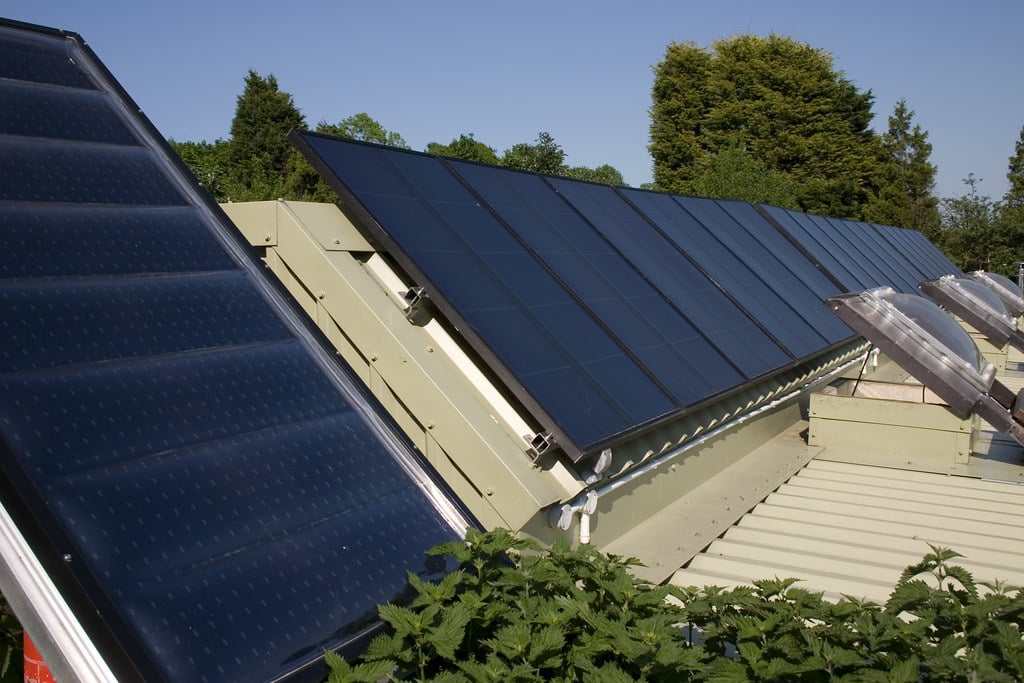
Spain has an opportunity in its upcoming reform of electricity charging to clear hurdles for self-consumption and electric vehicles (EVs), according to national PV body UNEF.
The ramping-up of the fixed element of power bills in recent years has made Spain an “anomaly” in Europe, the body said on Friday after assessing the state-of-play elsewhere in the continent.
Try Premium for just $1
- Full premium access for the first month at only $1
- Converts to an annual rate after 30 days unless cancelled
- Cancel anytime during the trial period
Premium Benefits
- Expert industry analysis and interviews
- Digital access to PV Tech Power journal
- Exclusive event discounts
Or get the full Premium subscription right away
Or continue reading this article for free
According to the analysis, the country pushed up the fixed share of electricity bills – which consumers pay regardless of use – from 23% in 2013 to 40% in 2019.
This year’s figure places Spain well above Italy (28%), the UK (25%), Sweden (25%), Portugal (23%), France (22%), Greece (11%) and Germany (7%), UNEF noted.
Spain’s higher fixed costs mean, the PV body argued, that the self-consumption installations the country now wants to support will take longer to recoup costs.
According to the association, the 40% fixed share also discourages energy savings and is ill-matched with EV consumption patterns, typically short power bursts followed by spells of inactivity.
Into post-sun tax territory
UNEF acknowledged Spain’s transition this decade towards higher fixed costs was meant to rake in more tax revenues but said the current political and energy landscape is “completely different”.
The country should, the association said, bring the fixed-to-variable ratio of power bills down to 25%-to-75%. The move would merely lead to the status quo before the increases, UNEF added.
The calls to bring down self-consumption barriers come as Spain acts to promote renewable-friendly legislation, moving away from the feed-in tariff fallout of the early 2010s.
Within its single year so far in office, the government of socialist Pedro Sánchez has presided over the roll-out of sweeping solar goals and major grid ugprades.
The country – now a subsidy-free PV hotspot – overturned last year the so-called ‘sun tax’ on self-consumption, adopting rules in April meant to cut red-tape for these systems.
The power charging reform now on the table, expected to conclude in 2020, will see the Environment Ministry and market regulator CNMC set new charges for electricity use.
See here for the full version of UNEF’s analysis and proposals (in Spanish)






